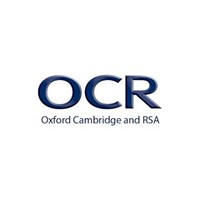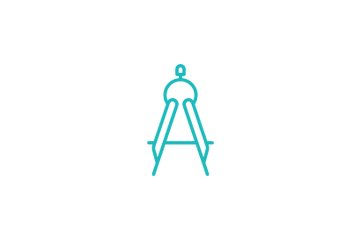
Computer Science
Overview
Understanding different aspects of computing is one of the most necessary skills for young people to gain in our century. In studying Computer Science, you will develop the capacity to think creatively, innovatively, logically and critically.
Entry Requirements
Students will need GCSE Maths at least grade 6.

Learning & Assessment
 Modules / Topics
Modules / Topics
Computer Systems (01)
- Structure and function of the processor and processor performance
- Systems software, applications software and software development
- Compression, encryption and hashing
- Databases
- Networks
- Web technologies
- Data types, Boolean algebra and data structures
- Legal, moral, social, cultural and ethical issues
Algorithms and Programming (02)
- Computational thinking
- Problem solving and programming
- Standard algorithms
Programming Project (03)
- Analysis, design, development, testing and evaluation of a suitable computer science project; developed using a range of technologies and an object oriented, iterative approach
 Trips / Visits / Enrichment
Trips / Visits / Enrichment
Previous students have participated in the Cyber Discovery competition.
 Assessment
Assessment
Assessment in computer science is done in a number of ways, including homework, in class activities and worksheets, team work and presentations.
There will be two exams at the end of your second year:
- Computer systems - 2 hours 30 minutes, 40% of A Level
- Algorithms and programming - 2 hours 30 minutes, 40% of A Level
You will also be assessed on the Programming Project - 20% of A Level
What do our students say?
I chose NSFC over my school becasue I knew that in a Sixth Form College I would be able to be myself, and enjoy all the benefits of a purely A level based campus.

Adam Steel
, Computer Science
Read Adam Steel's Story
Read Adam Steel's Story






